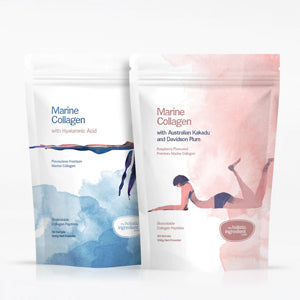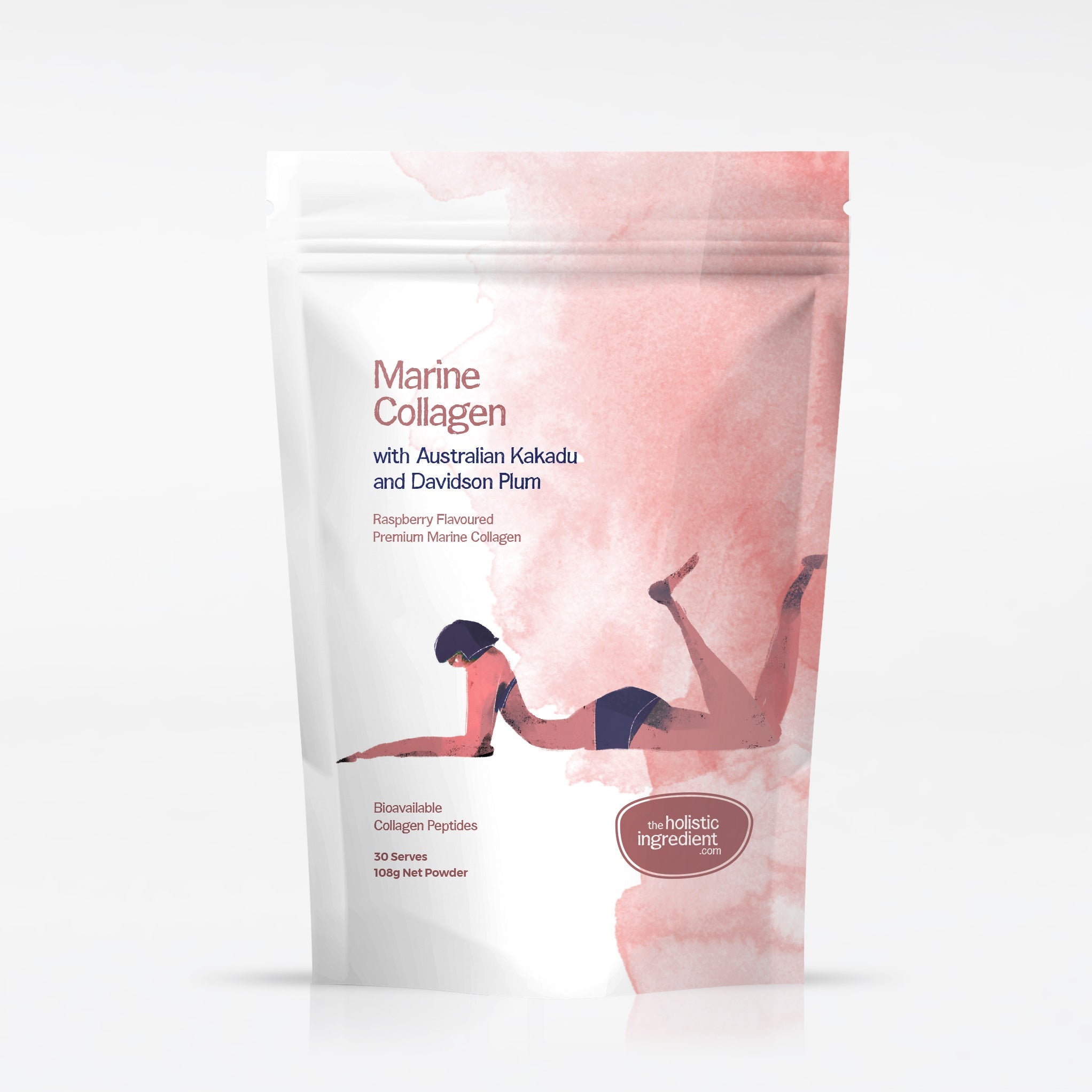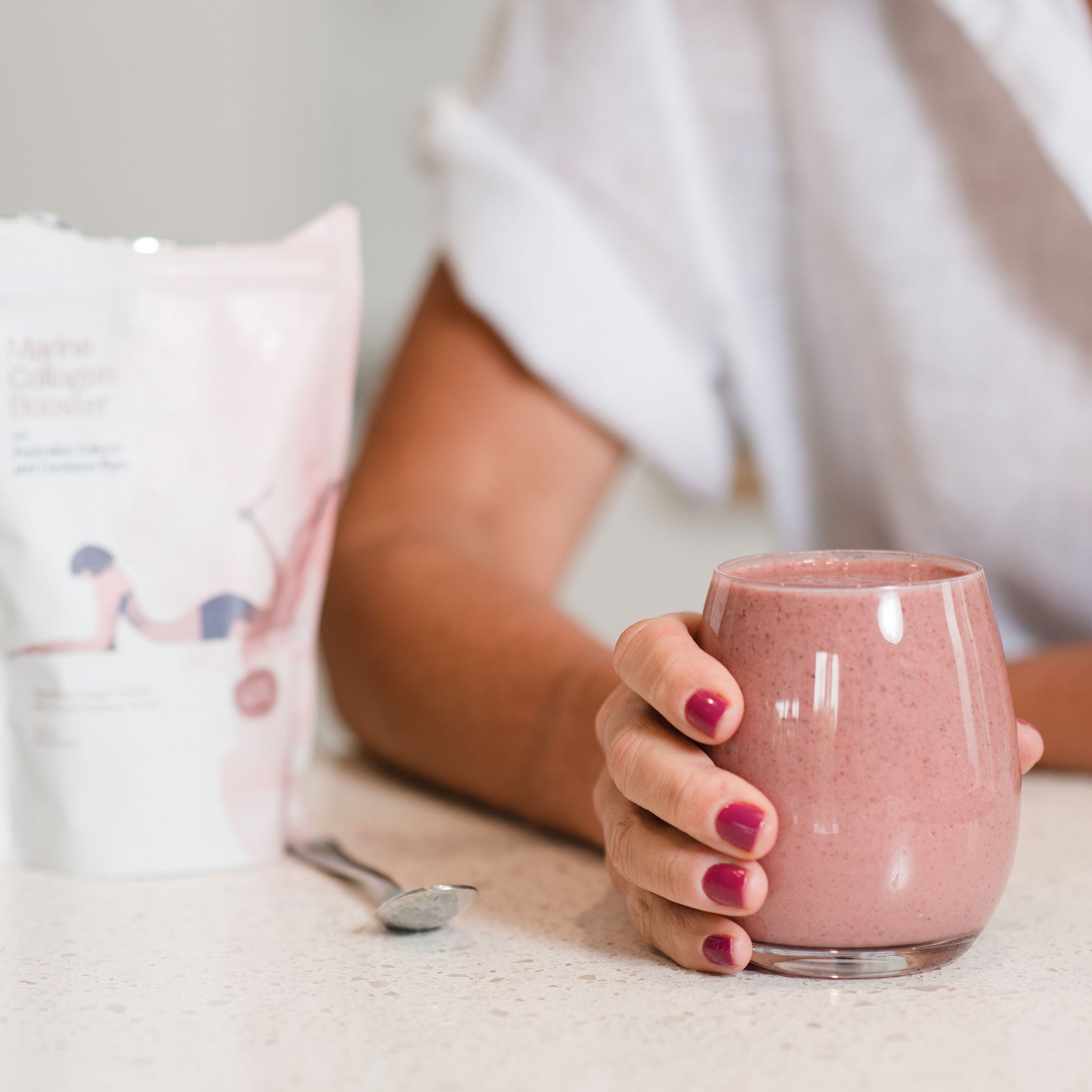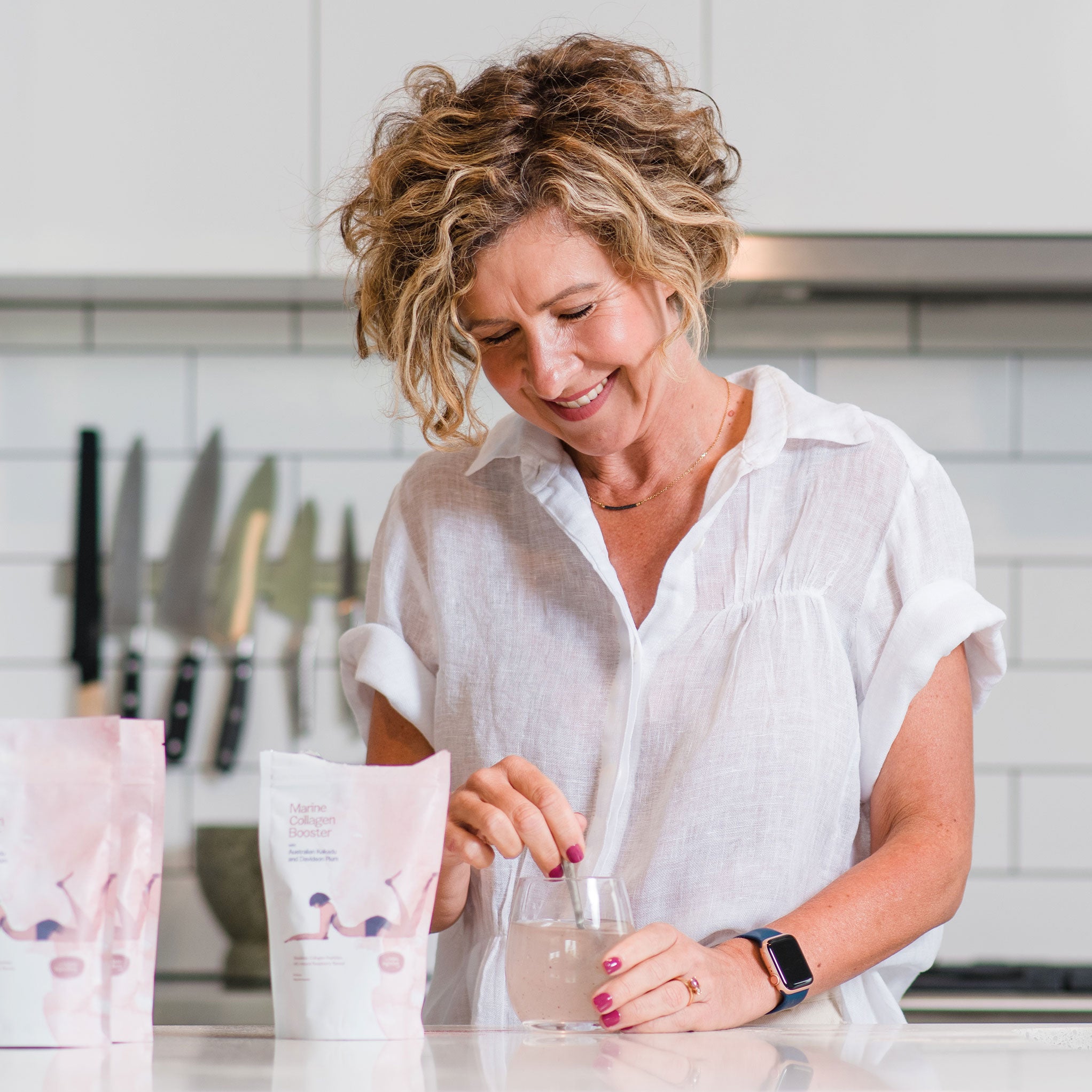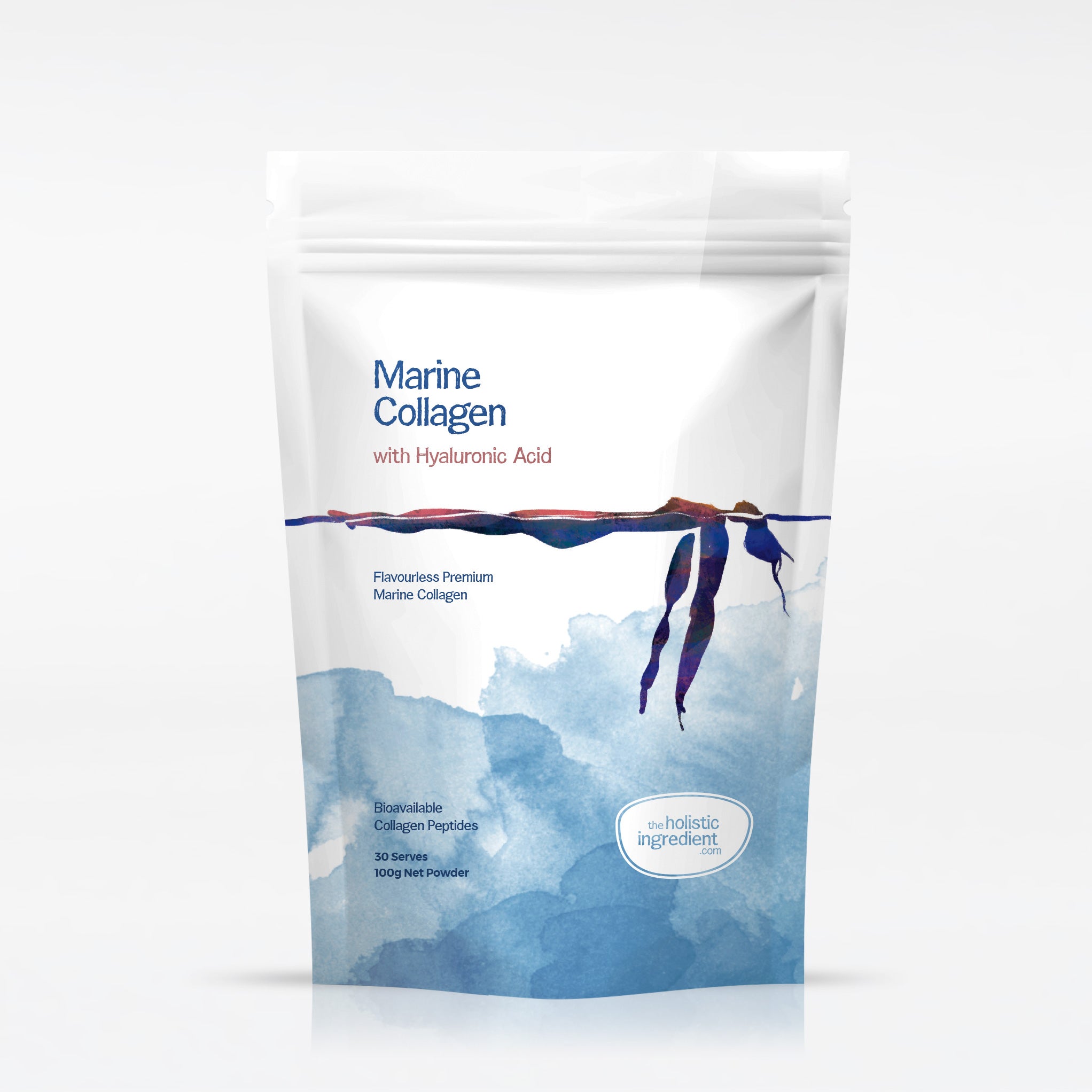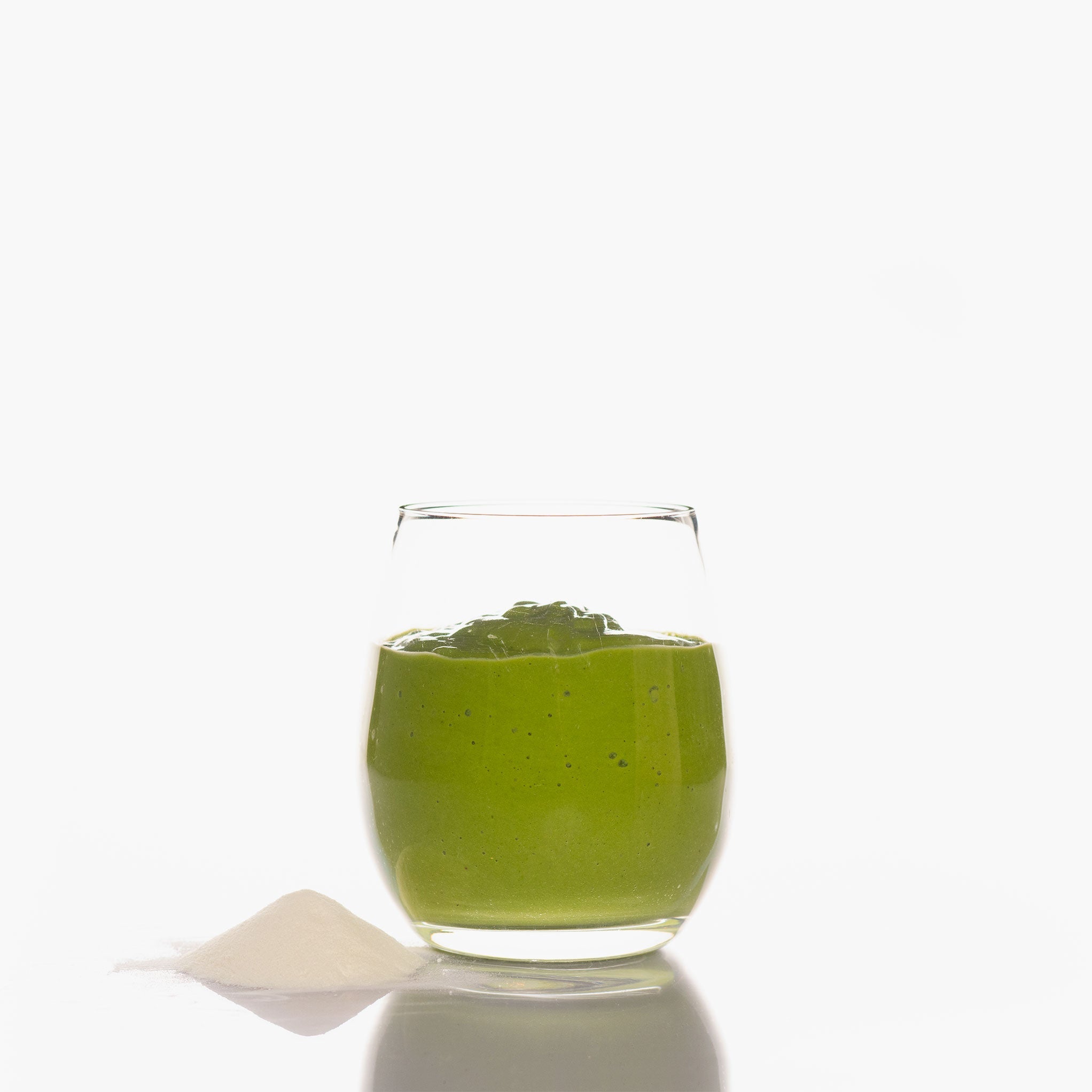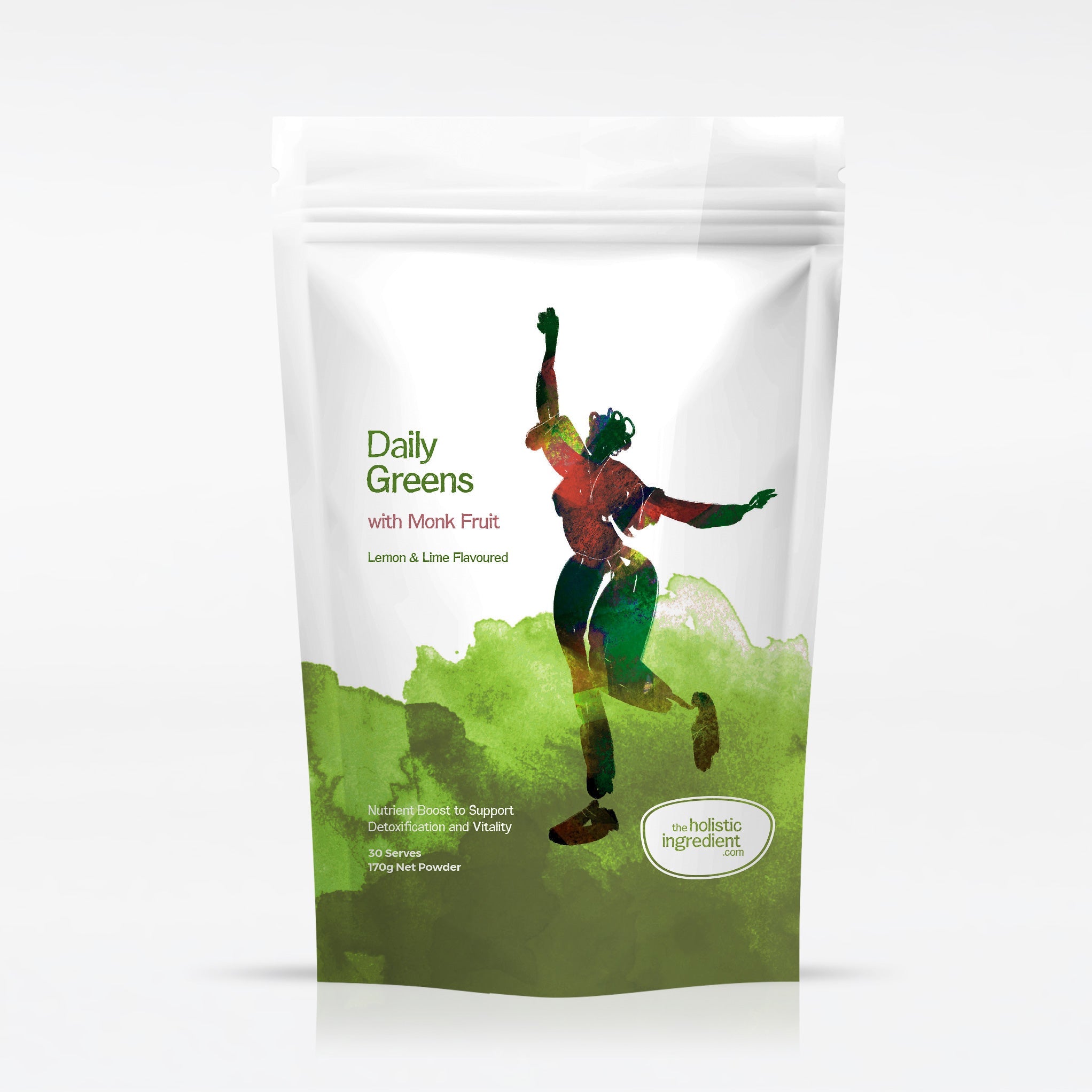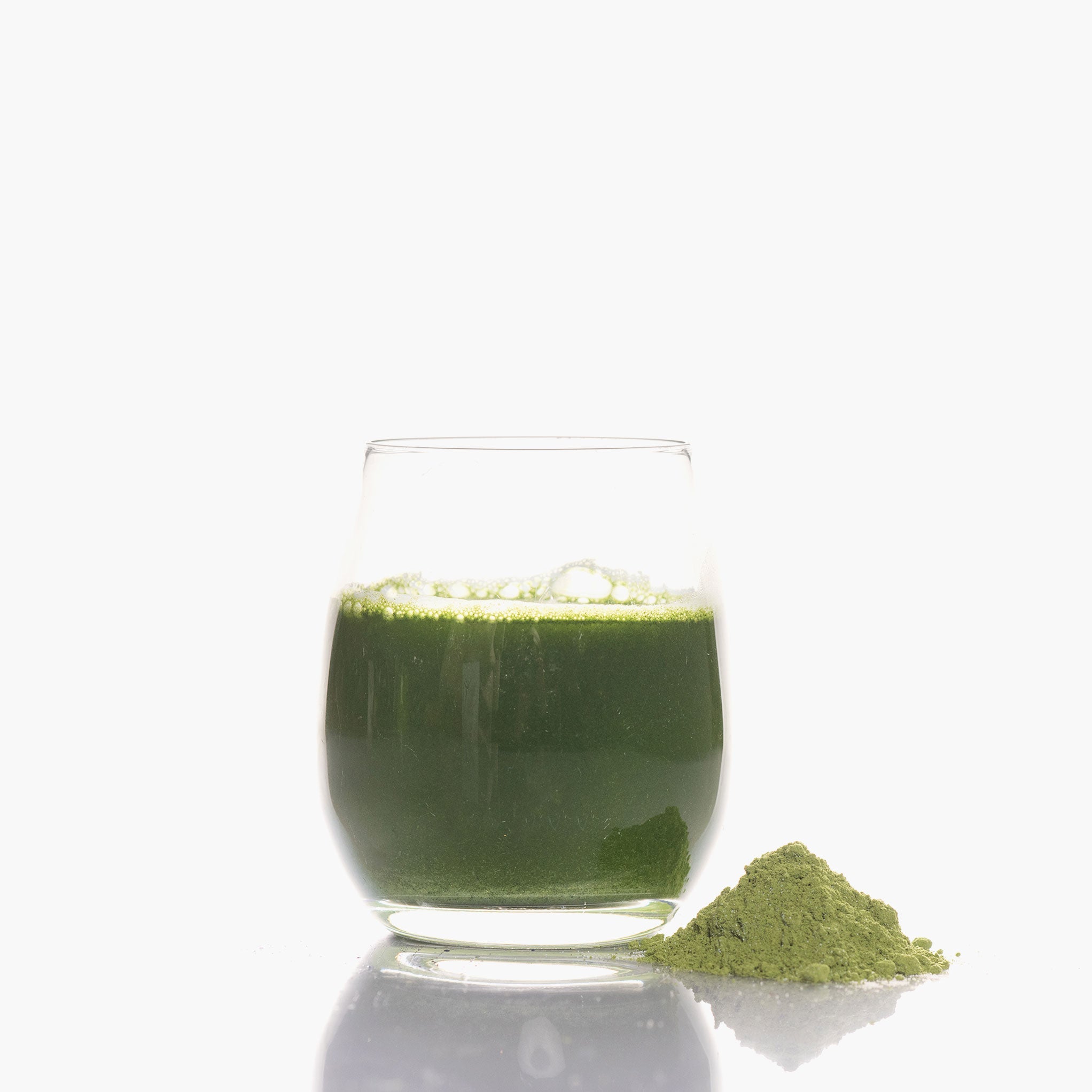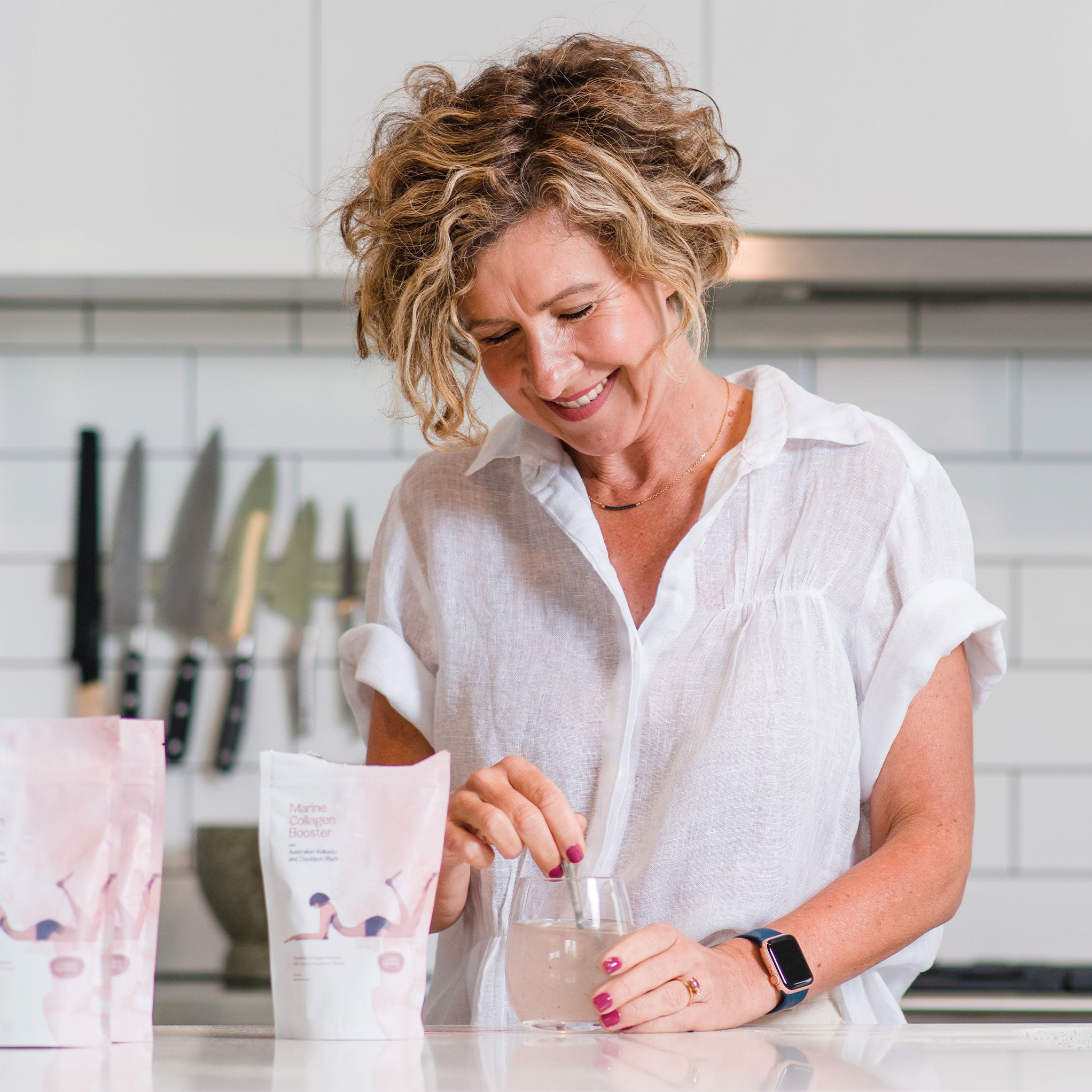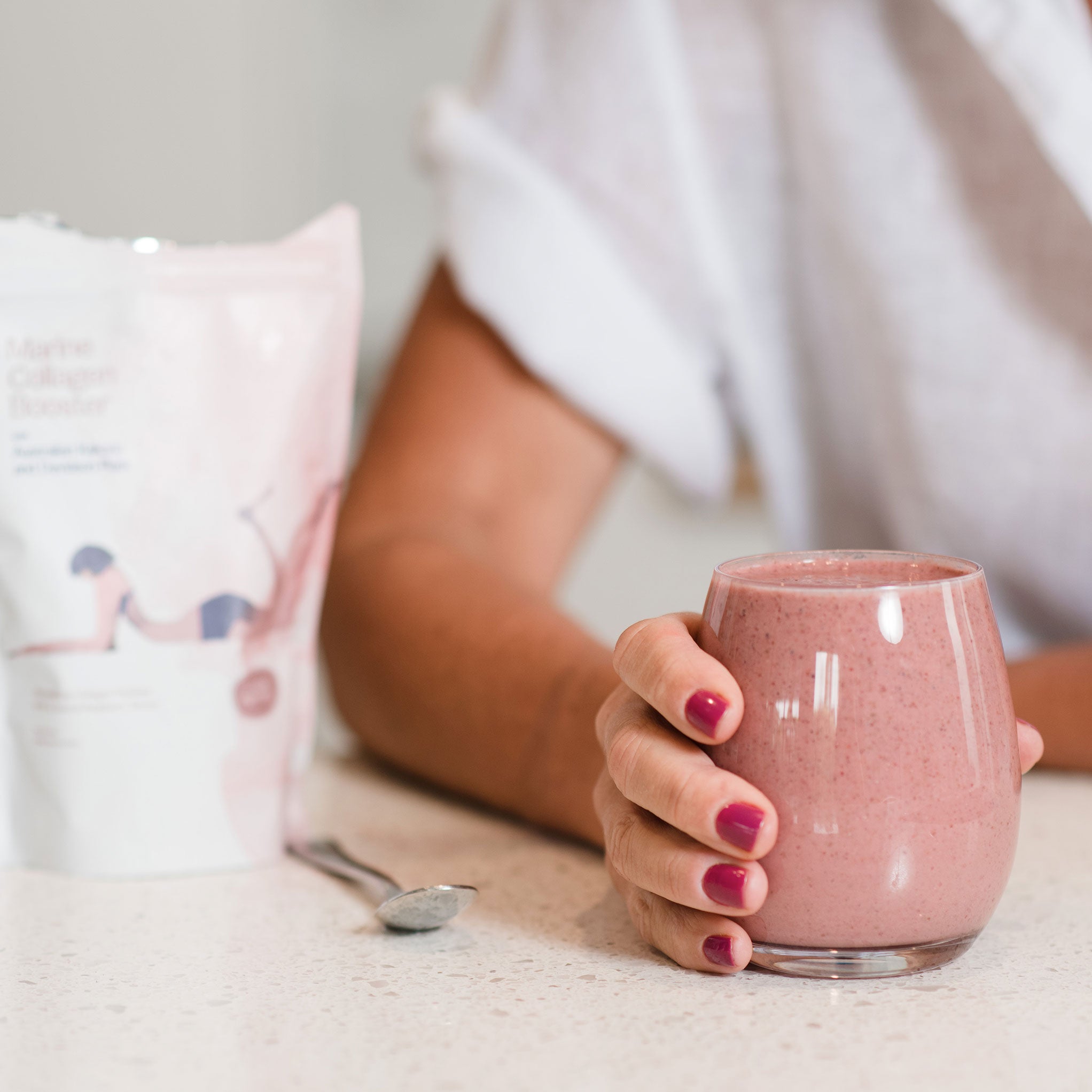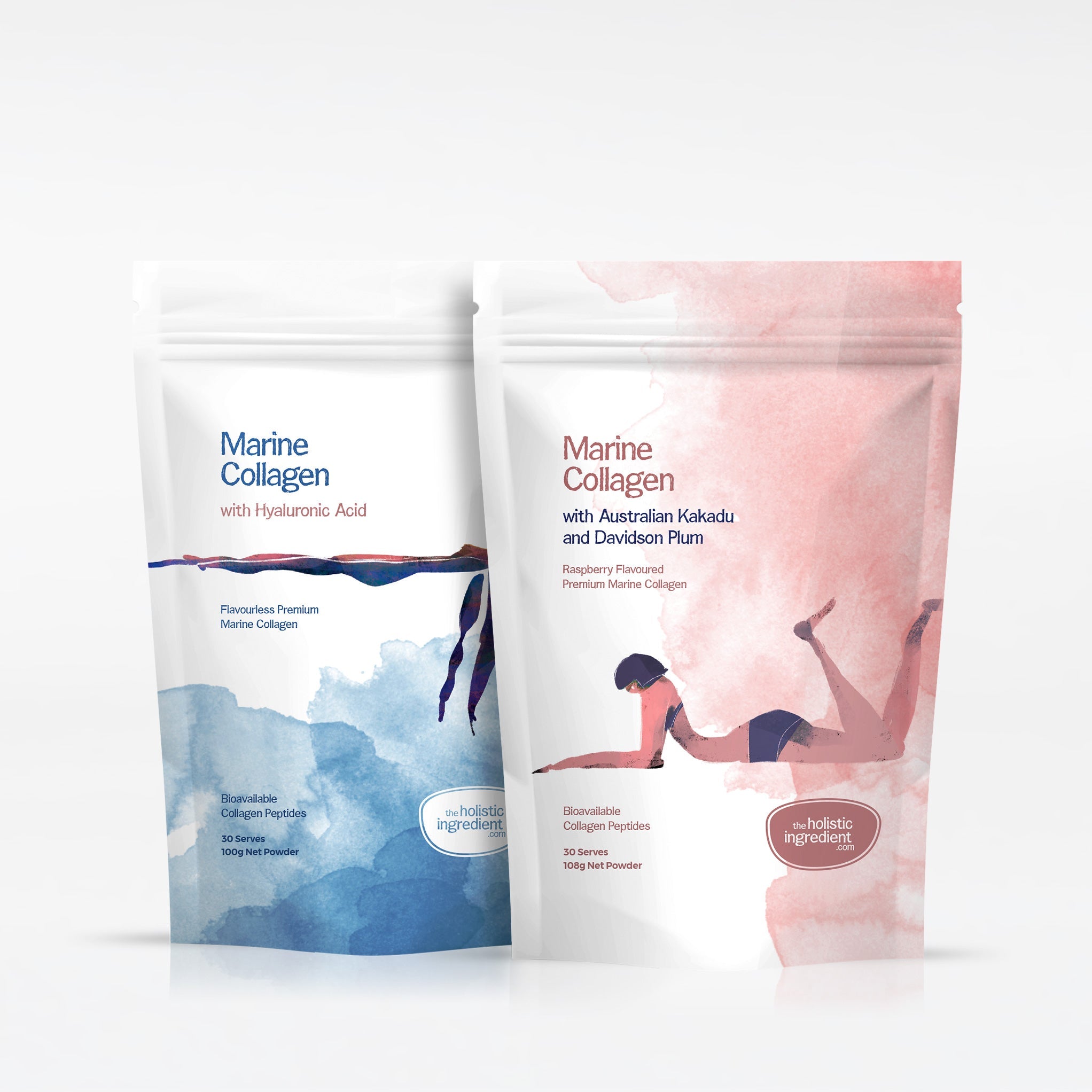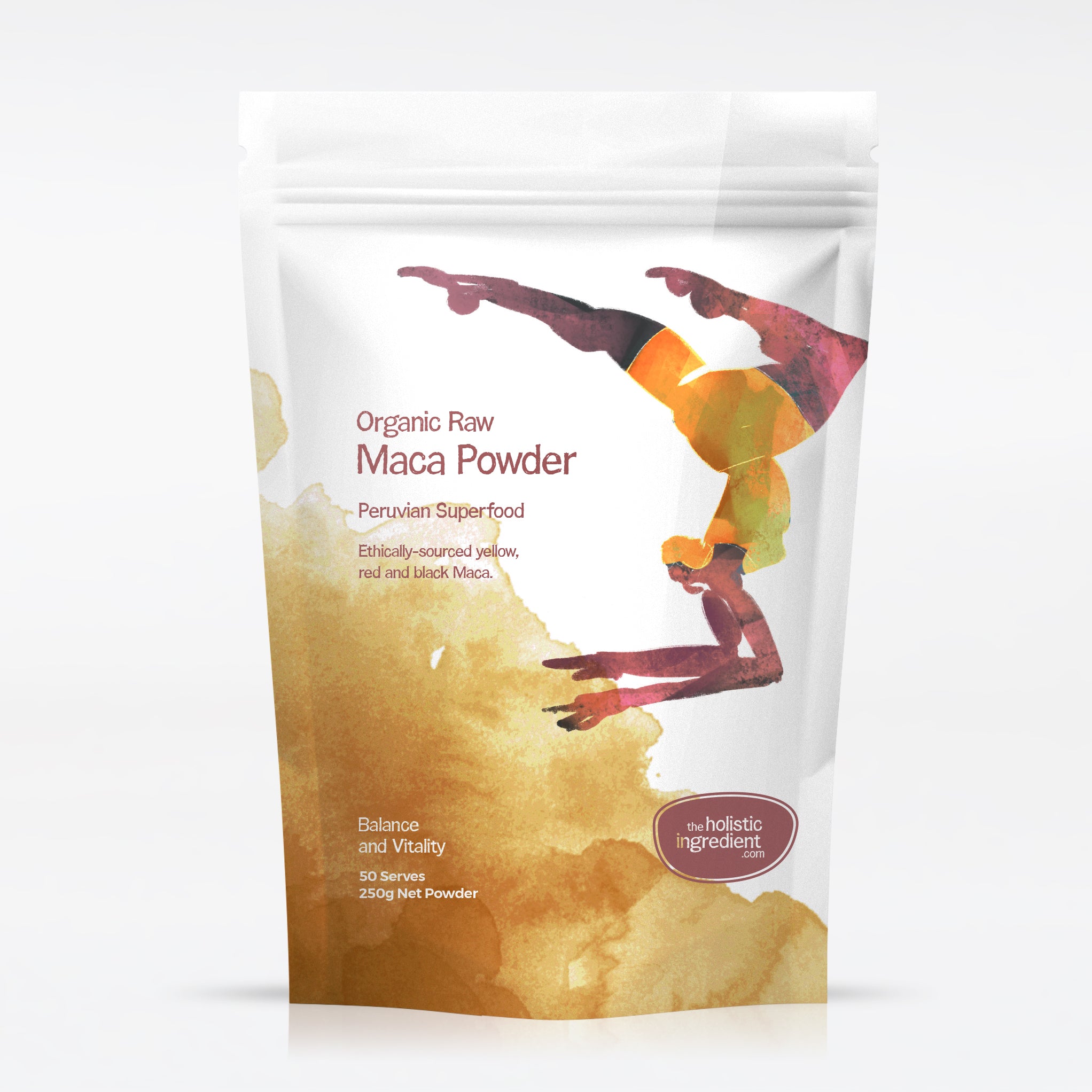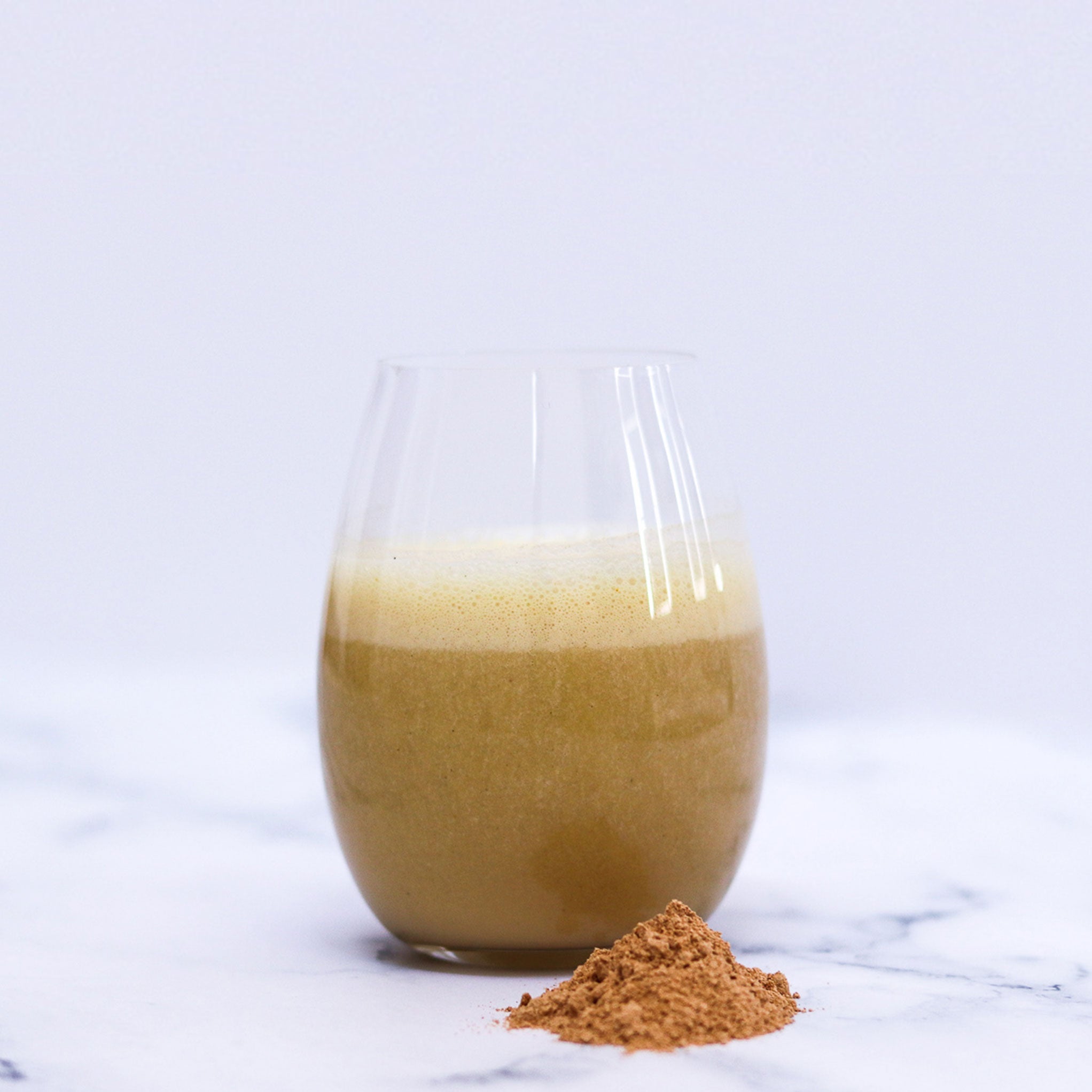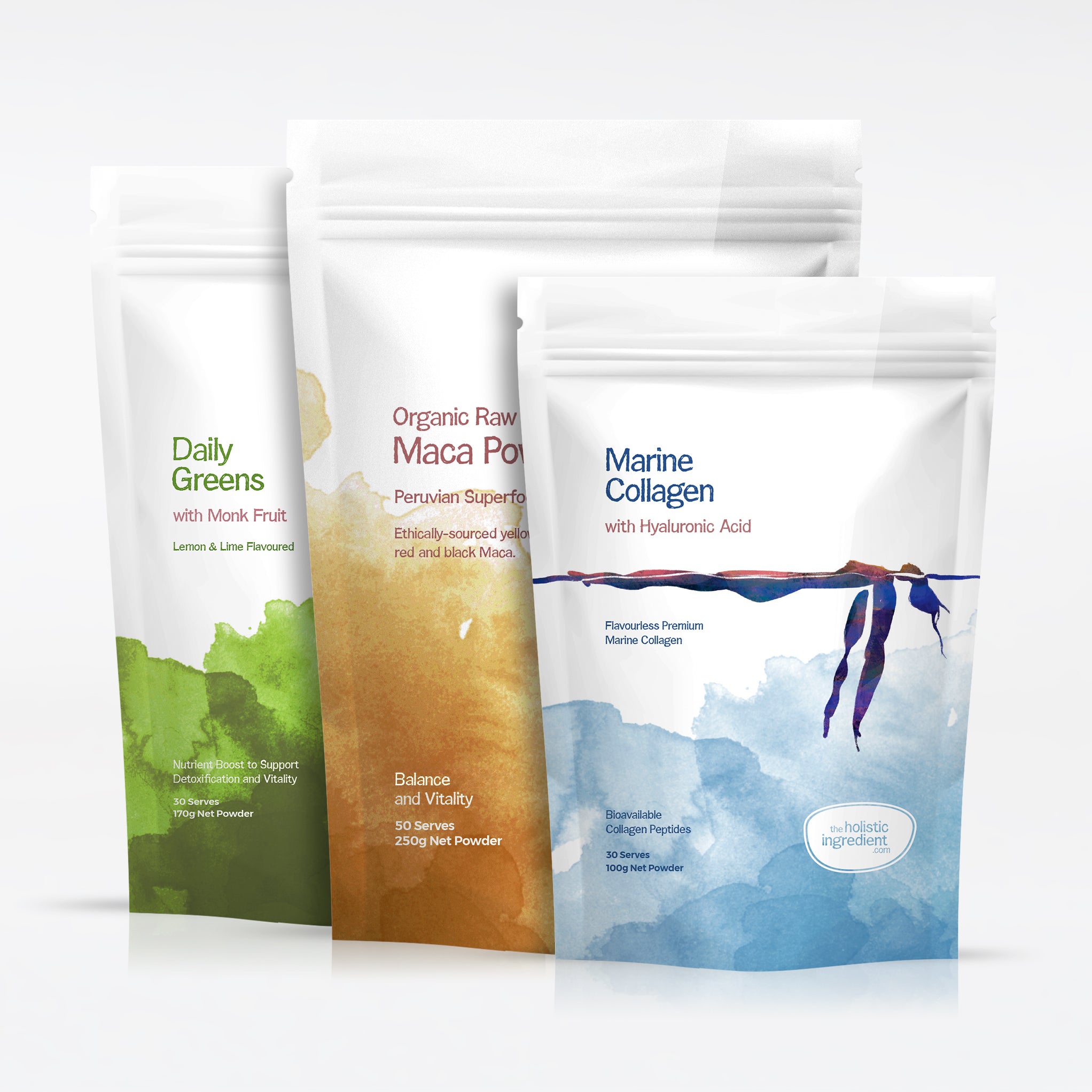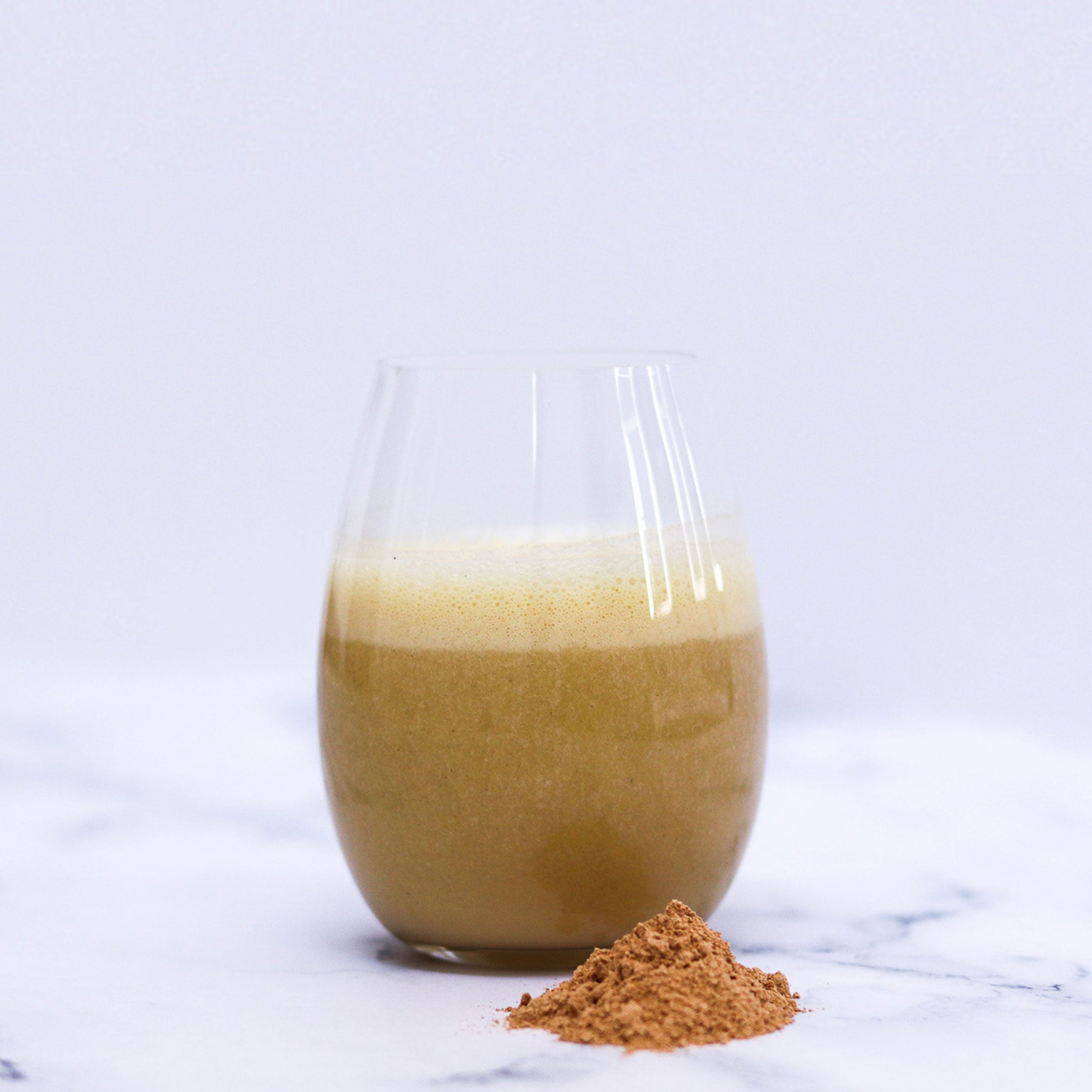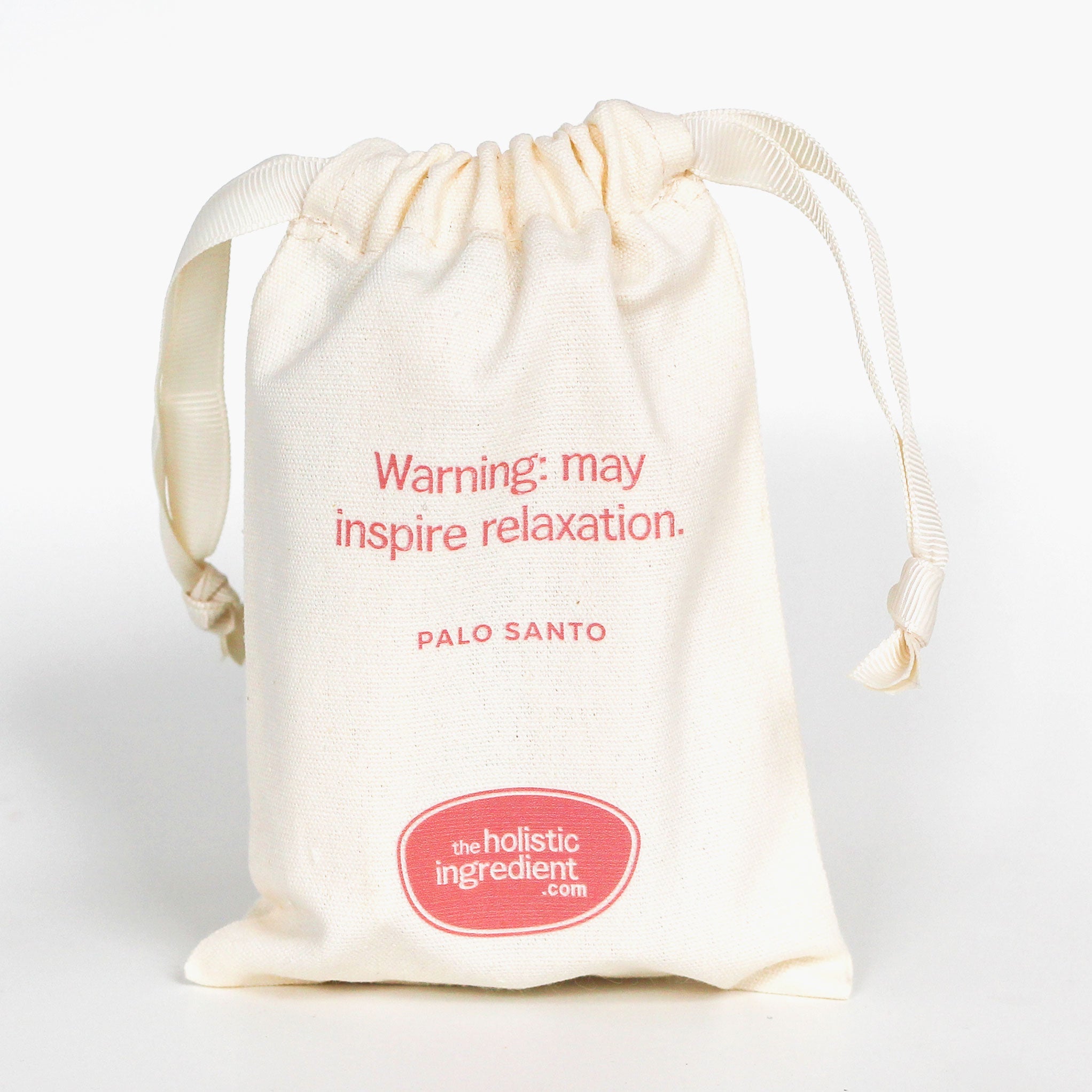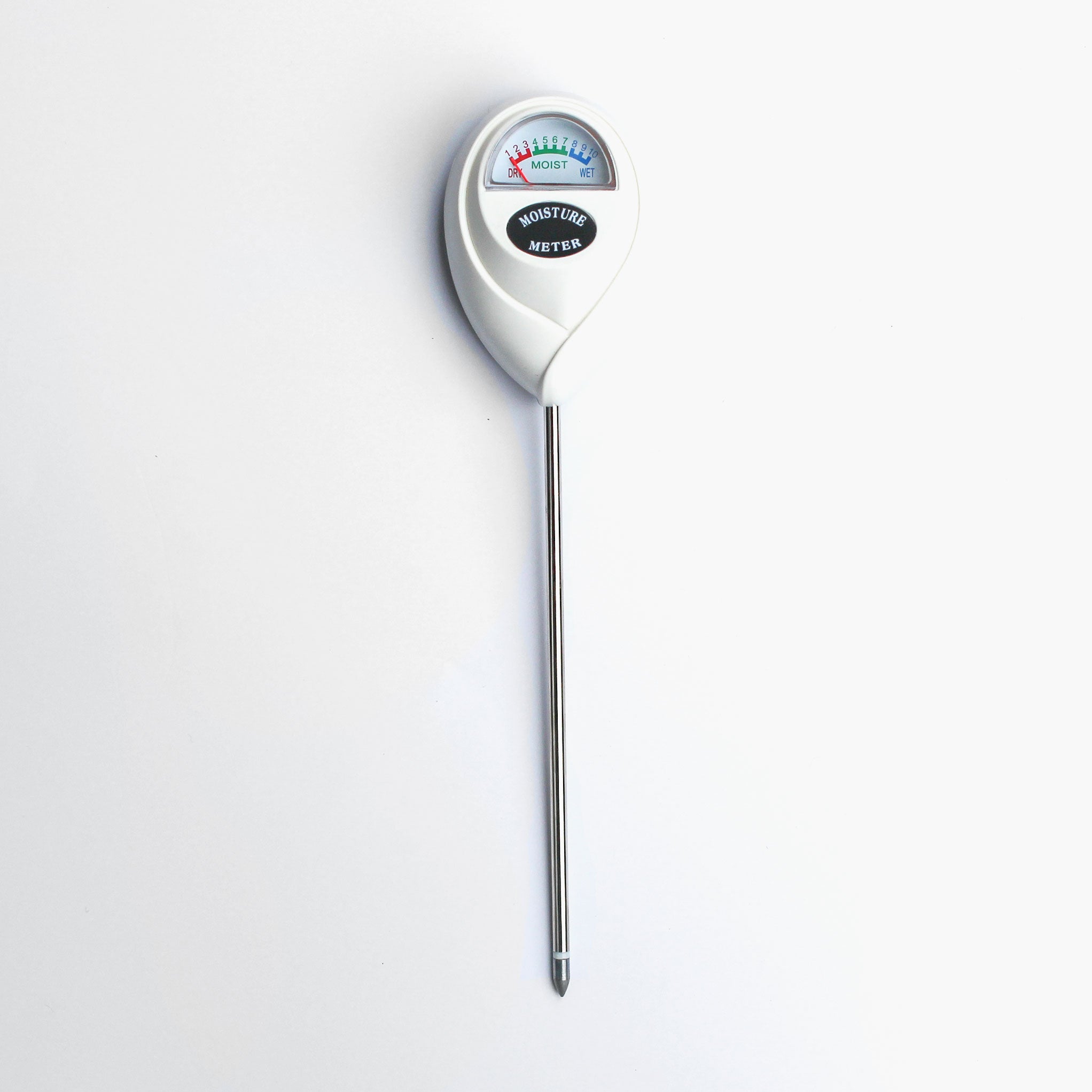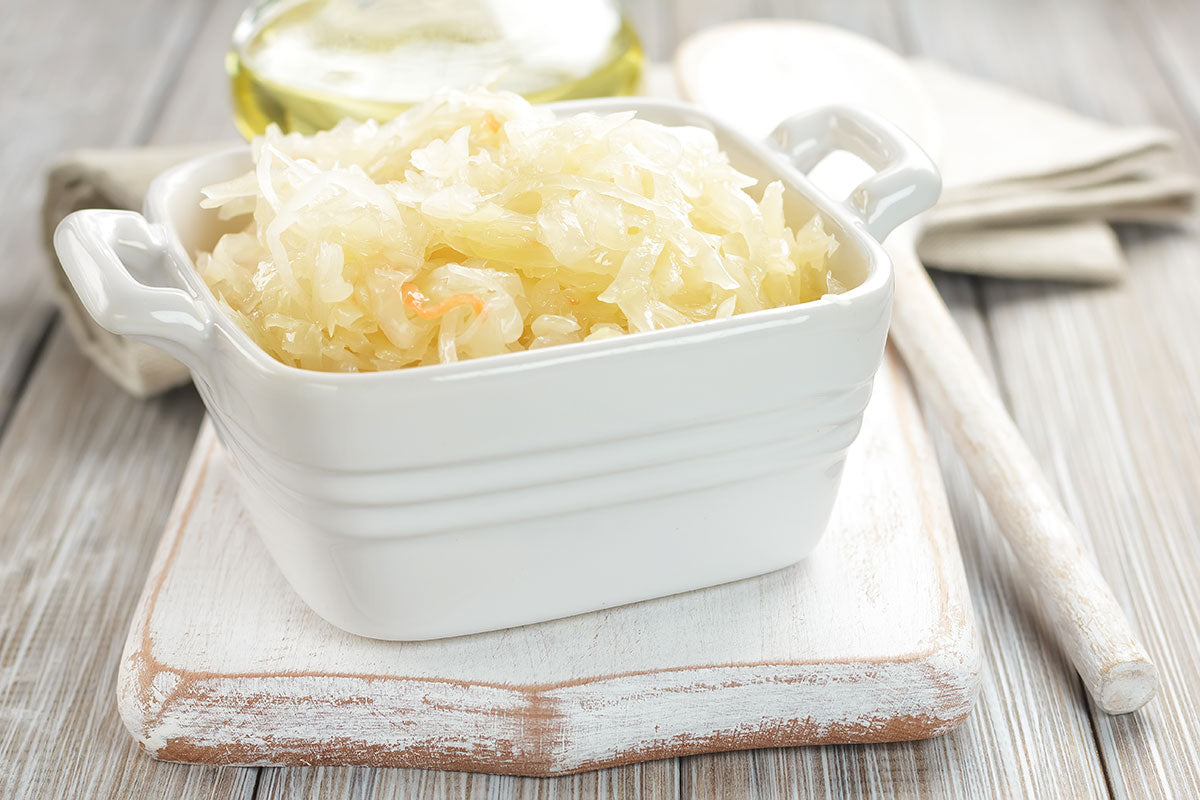
Transport yourself back to cavegirl times - life certainly wasn't a sterile existence. There were no handbag sized sanitising wipes, no pasteurised grass fed milk, no lacto-fermented kimchi, and certainly no sub zero temperatures for safely preserving the meat of your latest kill. In fact, for a significant part of human history, we existed blissfully unaware that bacteria could cause disease.
Fast forward a few hundred thousand years and it has become paramount that all bacteria, germs and microorganisms are eradicated for the sake of optimum health. But perhaps we have gone too far? In the last century, the amount of probiotics and enzymes available in the average diet of the developed world has declined dramatically, and the nutrient rich foods of our ancestors are no longer.
All I'm saying is, maybe a little bacteria ain't so bad?
What are fermented foods?
The term "fermentation" refers to the chemical conversion of sugars into ethanol. For a food to become fermented it will undertake the process of lacto-fermentation, whereby naturally occurring bacteria feed on the starches and sugars in the food creating lactic acid. It is a process that creates beneficial enzymes, b-vitamins, Omega-3 fatty acids, and various strains of probiotics, and at the same time preserves the food and the nutrients within.

The Health Benefits of Fermented Foods
Besides the fact that they are deliciously full of flavour, these are some great reasons to consider including fermented foods in your diet:
Aids nutrient absorption
The consumption of fermented food and drink introduces beneficial bacteria into your digestive system. A gut with a healthy balance of bacteria and digestive enzymes will be equipped to absorb more nutrients from food. Pair this with a whole food focused diet, and you will find supplements and vitamins will not be necessary!
Boosts immunity
When bad bacteria overwhelms friendly bacteria within the gut, maldigested food particles and fungus begin to spread around the body, an occurrence often referred to as 'leaky gut syndrome'. This in turn creates internal inflammation, which can lead to autoimmune disorders - including Addison's disease, Celiac, Multiple sclerosis, Rheumatoid arthritis, Type I diabetes, Lupus, etc.
Detoxification
Fermented foods are potent detoxifiers, capable of drawing out a wide range of heavy metals. Beneficial gut bacteria work by attracting mercury, lead, aluminum, arsenate, and other toxicities and anti-nutrients, and carry them until they are eliminated (out the other end!).
Glowing skin
Through the process of detoxification your skin improves too. When you decrease the toxic and bad bacteria load, it alleviates pressure on the body, allowing detox efforts to focus elsewhere. Now, connective tissue is able to repair and heal. Acne, psoriasis, eczema, and other chronic skin conditions can clear, and the beautiful subtle coloring in your face will radiate from inner health.
Weight loss
Fermented foods find a place in weight loss as they are stabilizing for blood sugar. This serves to balance appetite, leaving you feeling satisfied after a meal for longer. Fermented foods also promote a more even and steady release of insulin meaning the body doesn't store fat.
pH Balance
Acidic pH levels in the body lead to weight gain and disease. The optimal pH level of your body should be between 7 and 7.25, however eating an excess of processed sugar, meat, dairy, saturated fats, alcohol and caffeine will lower that level (increase acidity). Fermented foods bring the pH levels back into balance. In an overly processed acidic world, this is very important.
Mental clarity
The digestive system and the brain are intrinsically linked. Any brain dysfunction is usually connected to the health of the digestive system, and it is common for mental ailments to be addressed first in the gut. You may be familiar with the phrases, "what's your gut feeling?", "trust your gut instincts"... our gut is our second brain, trust your gut.
Food preservation
Fermentation allows foods to stay edible for longer. And out of all the food preservation techniques, fermentation is the only type that does not destroy nutrients and at the same time enhances others. Omega 3 fatty acids, detoxifying agents and many B vitamins including folic acid, riboflavin, niacin, thiamin, and biotin are all preserved through fermentation. Nutrients and food preservation in one, we love that!
As for recommendations on fermented foods, Sauerkraut is a great option, if you can tolerate dairy then try a full fat Greek style yoghurt (or even make your own coconut yoghurt), Kefir is also another possibility, as is Kombucha.
And of course, don't think you're escaping without a recipe! Stay tuned, tomorrow we feature a delicious and simple recipe for Kimchi.





